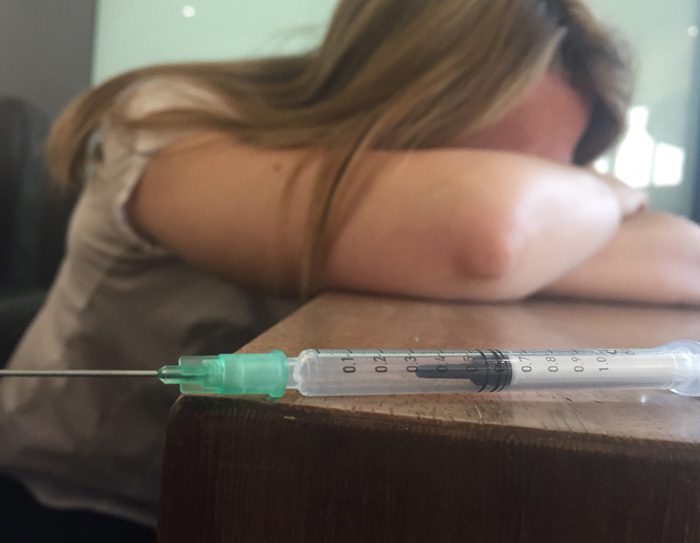Anyone who is a part of the addiction community knows there’s an incredible stigma attached to it.
Simply, it’s easy for the public to place blame instead of focusing on the person inside trying to find the way out. Many public officials and organizations work endlessly to help, but they struggle to convey the right message. How do you get the public to support change when there’s so much negative stigma present?
Are you an individual struggling to get into detox? Perhaps you don’t see how your life can ever really improve. Maybe your loved one is facing a long road to recovery. Is there hope out there? These are key concerns many people struggle with today. It all comes down to stigma.
An Epidemic Built on Stigma
Those looking to create public support for drug rehabilitation and treatment face this stigma head-on. Many people addicted to opioids have complex lives and challenging backgrounds. Many suffer from mental illness and cannot find support for those needs. Others have been incarcerated, sometimes as a result of seeking out the drugs, their bodies are physically unable to live without. This three-piece puzzle of drug addiction, mental illness, and incarceration makes it hard to turn public support on for those struggling desperately.
This stigma goes further, though. Often, it is not just treatment facilities and public groups that have to break through this barrier of resistance, but also those who suffer from addiction. Many people never seek the assistance they need as a result of this type of stigma. If they do, that stigma stays with them even through addiction. They will struggle finding housing, jobs, and rebuilding relationships for years to come.
Changing the Way People See Addiction Isn’t Easy
How can you see through this challenge and be willing to move forward with obtaining care and treatment? A variety of groups are working to improve access to both prevention and treatment for communities struggling with an opioid epidemic.
Before this can happen, though, someone has to begin to change the way people who are healthy and living their lives see drug addiction. In a recent article by Governing.com, the author suggests not just incorporating such policies, but also changing the way such issues are framed in public messages. In short, it is important to bring forth the stories of those struggling with addiction, not just focus on the statistics and hard facts.
People relate to the stories of others, but anecdotes aren’t enough. Instead of telling a story about a single person’s demise, consider a message about how every person relies on others. We must work to support each other on the path forward.
Communities Can Come Together
With the opioid addiction, it is clear every member of the community is impacted. When we encourage people to come forward to tell their story, without stigma and judgment, we give them the encouragement not just to help themselves, but also to help others who are struggling.
Here’s how can we do this:
- Stress the value of connection. Focus on stories that shed light on interdependence. Everyone in the community is connected and dependent on others to reach their fullest potential.
- Support community-based treatment. Develop increased support for alcohol and drug addiction programs. Showcase stories about how they work within the community to change lives.
- Invest in the value of ingenuity. The community can come together with a single goal of helping to reduce the problems and solve the epidemic as one.
- Provide a path for change. Those who struggle through addiction do not want pity from those around them. They want to see a path for change. That path should lead to a way to get into detox and get the help they need to get clean. From there, the path must continue towards finding a job and building a career without any stigma attached.
Where You Can Start
At The Ranch at Dove Tree, we understand just how challenging opioid addiction can be. There is no simple path, but we can work together to create an opportunity for you to move forward with the help and guidance you need. Contact us today to learn about the treatment programs available.













